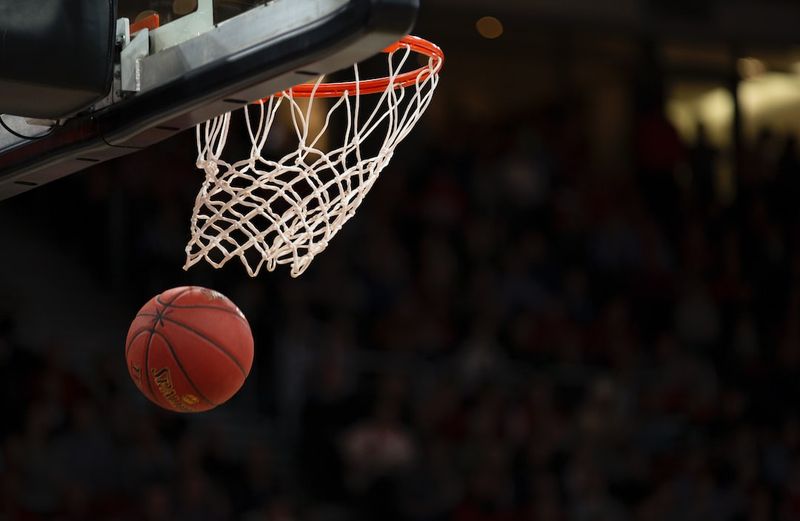Controversial Late Calls Draw Criticism in Chiefs vs. Vikings Game
Anatomy of the Controversial Calls
In the recent game between the Kansas City Chiefs and the Minnesota Vikings, there were two crucial non-calls by the officiating crew that have sparked a heated debate. With the Vikings trailing by seven points late in the game, they had a chance to mount a comeback. On their final drives, quarterback Kirk Cousins attempted deep passes to rookie Jordan Addison, who was covered by Chiefs cornerback L’Jarius Sneed. The first attempt saw some contact between Sneed and Addison, but no pass interference was called.
On the subsequent fourth down, Cousins tried a similar play, but this time Sneed appeared to be more entangled with the wide receiver, and a flag was thrown for pass interference. However, after a conference, the officials decided to rescind the flag, causing frustration among the home crowd.
Expert Analysis and Referee Rationale
CBS Sports rules analyst Gene Steratore supported the decision of the officials not to call pass interference on the second play. Steratore noted that the conversation between the back judge and the side official likely revolved around the catchability of the pass and whether the players were running with each other. Steratore agreed with the officials that there was no pass interference, as the replay showed Sneed making first contact but the pass falling to the inside, away from where Addison was running.
It is important to note that this controversy could have been further intensified by Sneed removing his helmet after the play, which usually incurs a 15-yard unsportsmanlike conduct penalty. Steratore acknowledged that this was a missed call, but clarified that it would not have affected the Vikings’ ability to continue their comeback attempt on that particular drive. This is because Sneed’s actions occurred after the play was over, and after a change of possession, meaning the Chiefs already had possession of the ball due to their successful fourth-down stand.
The Complexity of Referee Decision-Making
Criticism of referees‘ decisions is not uncommon in sports, particularly when those decisions have a significant impact on the outcome of the game. However, it is crucial to understand the complexity of referee decision-making. Referees have the challenging task of making split-second decisions in real-time, often with limited visibility and without the luxury of multiple camera angles or slow-motion replays. They must interpret complex rules and apply them consistently in the midst of a fast-paced, high-pressure sporting event.
The Philosophical Debate Surrounding Refereeing
The controversy in the Chiefs vs. Vikings game raises philosophical questions about the role of referees in sports. Should referees strive for absolute accuracy? Or should they prioritize allowing the game to flow naturally, while accepting a certain margin of error in their decisions? Striking the right balance between these two approaches is a constant challenge that referees face.
Refereeing inherently involves human judgment and subjectivity. Different referees may interpret the same play differently, leading to varying decisions. While technology can assist in improving officiating, it cannot completely eliminate human error or replace the need for subjective interpretation. Moreover, implementing instant replay for subjective calls, like pass interference, brings its own set of challenges, as seen in the ongoing debate in football.
Editorial: Striving for Fairness and Transparency in Officiating
The Importance of Fair Play
Fair play is the foundation of any sporting competition. For the game to maintain its integrity and for participants and spectators to have confidence in the final outcome, it is essential that rules are applied consistently and fairly. While controversies and disputed calls are inevitable, it is important for sports leagues to continuously evaluate and refine their officiating processes to minimize errors and maximize fairness.
Enhancing Transparency and Accountability
To uphold credibility and trust in officiating, sports leagues should strive for greater transparency and accountability. This can be achieved through increased public disclosure of referee evaluations, detailed explanations of critical decisions, and enhanced training and education for officials.
Furthermore, incorporating technology, such as expanded use of instant replay, can provide additional tools for referees to make more accurate decisions. However, it is crucial to strike a balance between leveraging technology and maintaining the flow and pace of the game. The use of technology should be guided by the principle of improving fairness without compromising the essence of the sport.
Advice: Navigating the Controversy
Accepting the Human Element
It is important for fans, players, and coaches to recognize that officiating decisions are part of the human element of sports. While it is natural to feel frustration and disappointment when a controversial call goes against one’s preferred team, it is crucial to remember that referees strive to make the best decisions they can under intense pressure.
Engaging in Constructive Dialogue
Rather than venting frustrations through social media or resorting to personal attacks, engaging in constructive dialogue can lead to a better understanding of the challenges faced by referees and the complexities of decision-making. This could involve open discussions, forums, or even fan-led initiatives to provide feedback to sports leagues about officiating.
Supporting Ongoing Referee Development
Recognizing the value of referee development programs and continuous training can help improve the quality of officiating. Sports leagues should invest in referee education to provide officials with the necessary tools, knowledge, and skills to make accurate and consistent decisions.
In conclusion, the controversial calls in the Chiefs vs. Vikings game have sparked intense debate. Understanding the intricacies of referee decision-making, the philosophical considerations surrounding officiating, and the importance of fairness and transparency is crucial in navigating the discourse surrounding these controversial incidents. It is essential for sports leagues, officials, and fans alike to work together to uphold the integrity of the game and ensure a fair and enjoyable sporting experience for all.

<< photo by Kate Laine >>
The image is for illustrative purposes only and does not depict the actual situation.
You might want to read !
- Jay Norvell Fires Shots: Tensions Rise Ahead of Colorado Rivalry Game
- Late Hit on NC State’s Rakeim Ashford Sends Shockwaves through Collegiate Football
- The Usyk vs Dubois Showdown: Unraveling the Controversial Low Blow Incident
- Travis Kelce’s Grit Shines as He Battles Through Ankle Injury to Return Against the Vikings
- Travis Kelce’s Resilience Shines as He Powers Chiefs to Victory
- The Aftermath: Reflecting on the Impact of a Small Earthquake in the Puget Sound Region
- The Controversy Surrounding Chick-fil-A’s Potential Opening on Columbus Day 2023
- Exploring the Clash of the Giants and Dolphins: Live Updates and Exciting Highlights
- “The Battle of the Unbeaten: Bengals vs. Cardinals Livestream Guide for NFL Week 5”
- Why the Broncos vs. Jets Game Could Upend Betting Odds: Predictions, Line Analysis, and Live Streaming Options
- The Shake-Up: Assessing the Impact of a Small Earthquake in the Puget Sound Region




